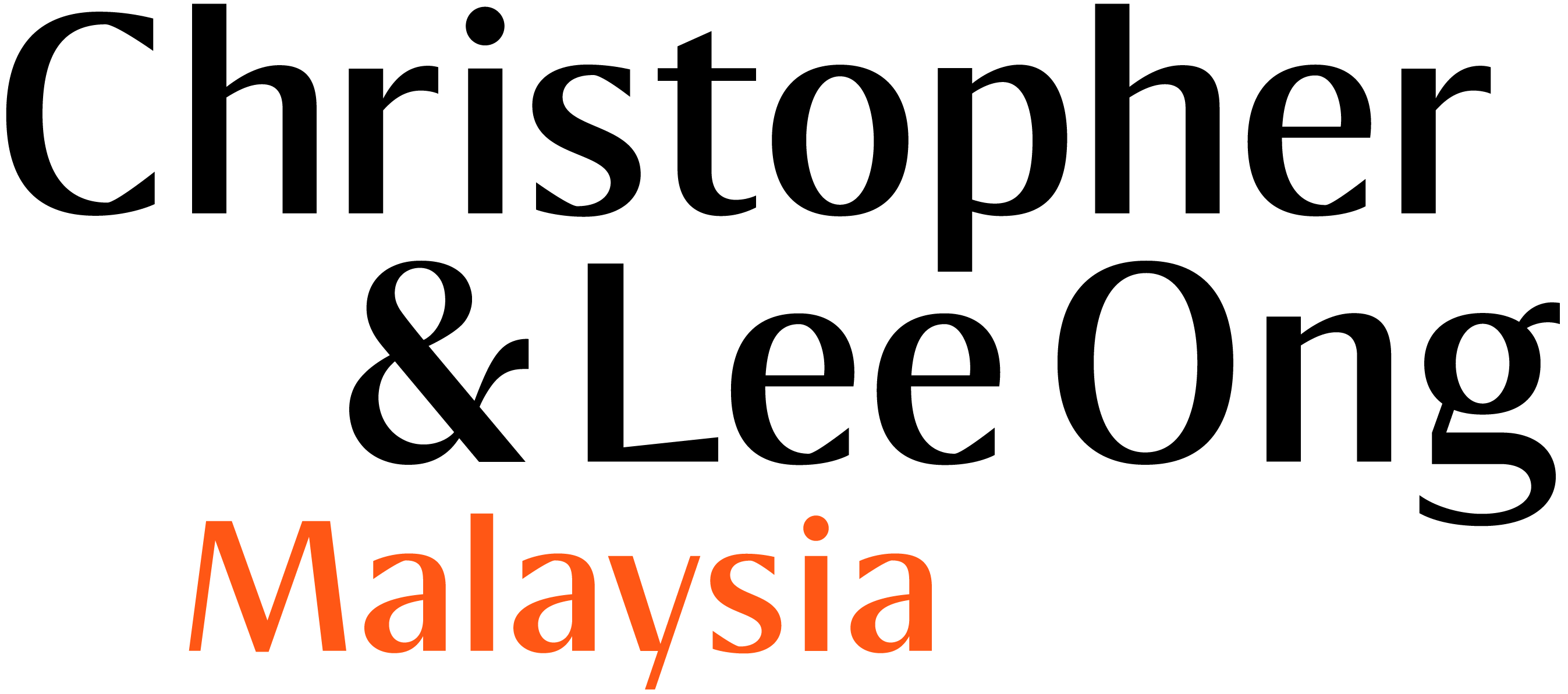Introduction
On 19 August 2025, the Court of Appeal (“COA”) delivered a landmark ruling in the case of Heidy Quah Gaik Li v The Government of Malaysia (the “Heidy Quah” case). The presiding COA panel unanimously held that the prohibition against content that is ‘offensive … with the intention to annoy’ under section 233(1)(a) of the Communications and Multimedia Act 1998 (“CMA”) is unconstitutional.
The court struck down the words ‘offensive’ and ‘annoy’ from section 233(1)(a) of the CMA, ruling that criminalising online remarks on the basis that they are ‘offensive’ and intended to ‘annoy’ infringes the constitutional right to freedom of speech as well as the right to equality under Articles 8 and 10 of the Federal Constitution.
This ruling by the COA is pivotal, as section 233 of the CMA is one of the primary provisions relied upon by the government to criminalise and regulate online expression and content. It also serves as the foundational basis for the development of best practice guidance and standards on permissible online content under the Malaysian Communications and Multimedia Content Code.
At the time of publication of this Update, the COA’s summary and full grounds of judgment have not yet been released. However, given the significance of the ruling, this Update aims to provide a brief overview of the key points of the decision, pending a more detailed analysis to follow once the grounds of judgment become available.
Status of Section 233 of the CMA
Before delving further into the case background and the COA’s ruling, it is important to note that the decision concerns an earlier version of section 233 of the CMA.
Section 233 was recently amended through the Communications and Multimedia (Amendment) Act 2025 (“CMA Amendment Act”), which came into force earlier this year. Among other changes, the amendment replaced the term ‘offensive’ with ‘grossly offensive’, a formulation that arguably sets a higher threshold for criminal liability. The CMA Amendment Act also introduces explanations to section 233 which now outlines the types of content prohibited by the section.
For more information regarding the CMA Amendment Act, please refer to our previous Legal Update titled “An Overview of Key Changes Introduced by the CMA Amendment Bill“.
Case Background
The Heidy Quah case arose from the criminal prosecution of social activist Heidy Quah, who in 2020 had shared a Facebook post highlighting alleged mistreatment of refugees at immigration detention centres during the COVID-19 pandemic. She was charged before the Sessions Court under section 233(1)(a) of the CMA for making an ‘offensive’ remark with intent to ‘annoy’. The Court, however, found the charge to be defective and accordingly granted Quah a discharge not amounting to an acquittal (“DNAA”).
Notwithstanding the DNAA that was granted in the criminal proceedings, she nonetheless pursued a separate civil challenge before the High Court, where she contested the constitutionality of the terms ‘offensive’ and ‘annoy’ under section 233 of the CMA, arguing that the terms were vague, subjective, and infringed her right to freedom of speech under Article 10 of the Federal Constitution.
Quah’s challenge was initially dismissed by the High Court in 2023. The present COA ruling arose from her appeal against that decision. Essentially, the COA reversed the High Court’s findings and ruled in Quah’s favour, striking down the terms ‘offensive’ and ‘annoy’ under the previous version of the CMA as unconstitutional.
The COA’s Ruling
While the full written judgment has yet to be released, the COA’s ruling and reasoning, as gleaned from public reports, may be summarised as follows:
- The court found that the terms ‘offensive’ and ‘intention to annoy’ in section 233 lacked objective standards, were overly broad, and risked arbitrary enforcement, effectively criminalising truthful speech that merely caused discomfort.
- It was noted that section 233 remains valid in respect of communications that are obscene, false, menacing, or made with intent to harass, abuse, or threaten. However, offensive or annoying remarks do not fall within the permissible restrictions under Article 10(2)(a) of the Federal Constitution.
- The court held that criminalising offensive or annoying speech is a disproportionate measure to regulate online discourse which was the legislative aim of CMA.
- The court also clarified that its decision would only apply prospectively, to current and future cases, not those already concluded.
Potential Implications and Our Comments
The Court of Appeal’s ruling has several important implications.
While the decision struck down the terms ‘offensive’ and ‘annoy’ in the old version of section 233 of the CMA, the amended provision enacted in February 2025 remains in force. The amendments retained the word ‘annoy,’ replaced ‘offensive’ with ‘grossly offensive,’ and introduced harsher penalties. This revised wording has not yet been tested in court and continues to pose risks of vagueness and overbreadth.
The ruling is significant as it highlights longstanding public concerns that the language of section 233 of the CMA is overly subjective, enabling broad interpretation and arbitrary enforcement, criminalising truthful speech that provokes discomfort and has frequently been invoked to censor free speech and clamp down criticism, artistic expression and dissenting opinions on social media and digital platforms.
Nonetheless, the judgment marks a judicial shift towards requiring clarity, proportionality, and greater protection for truthful expression within Malaysia’s content regulation regime. Organisations and individuals engaged in advocacy or public communications should remain cautious under the amended section 233 of the CMA, but this ruling provides stronger grounds to challenge prosecutions based on vague or subjective speech offences and will likely influence the interpretation of other media and speech-related laws and regulations.
As the case progresses, the government may still appeal to the Federal Court, which could either affirm or overturn the Court of Appeal’s stance, setting a binding precedent on the constitutionality of section 233 of the CMA. We will continue to monitor developments closely and provide further updates once the case concludes.
We trust the above provides a helpful overview of the case. Should you require any assistance or clarification regarding the above, content regulation or any other matters in the TMT space, please feel free to get in touch with us at your convenience.
Contribution Note
This Legal Update is contributed by the Contact Partners listed above, with the assistance of Yeap Yee Lin (Associate, Christopher & Lee Ong), and Sarah San (Associate, Christopher & Lee Ong).
Disclaimer
Rajah & Tann Asia is a network of member firms with local legal practices in Cambodia, Indonesia, Lao PDR, Malaysia, Myanmar, the Philippines, Singapore, Thailand and Vietnam. Our Asian network also includes our regional office in China as well as regional desks focused on Brunei, Japan and South Asia. Member firms are independently constituted and regulated in accordance with relevant local requirements.
The contents of this publication are owned by Rajah & Tann Asia together with each of its member firms and are subject to all relevant protection (including but not limited to copyright protection) under the laws of each of the countries where the member firm operates and, through international treaties, other countries. No part of this publication may be reproduced, licensed, sold, published, transmitted, modified, adapted, publicly displayed, broadcast (including storage in any medium by electronic means whether or not transiently for any purpose save as permitted herein) without the prior written permission of Rajah & Tann Asia or its respective member firms.
Please note also that whilst the information in this publication is correct to the best of our knowledge and belief at the time of writing, it is only intended to provide a general guide to the subject matter and should not be treated as legal advice or a substitute for specific professional advice for any particular course of action as such information may not suit your specific business and operational requirements. You should seek legal advice for your specific situation. In addition, the information in this publication does not create any relationship, whether legally binding or otherwise. Rajah & Tann Asia and its member firms do not accept, and fully disclaim, responsibility for any loss or damage which may result from accessing or relying on the information in this publication.
















